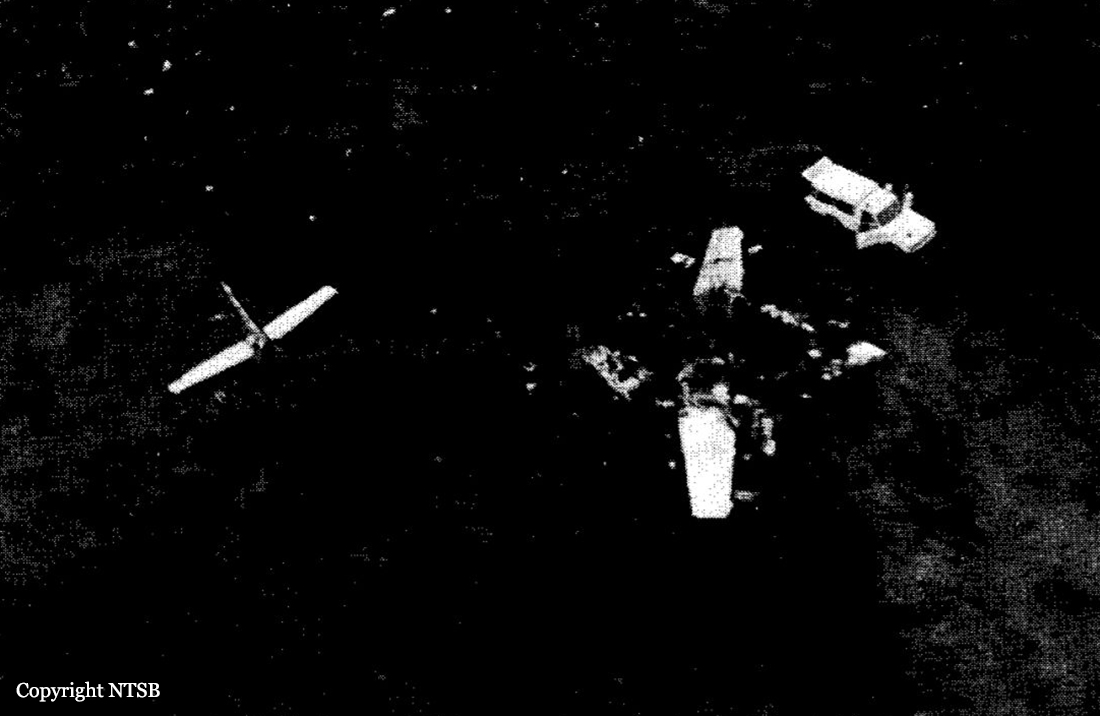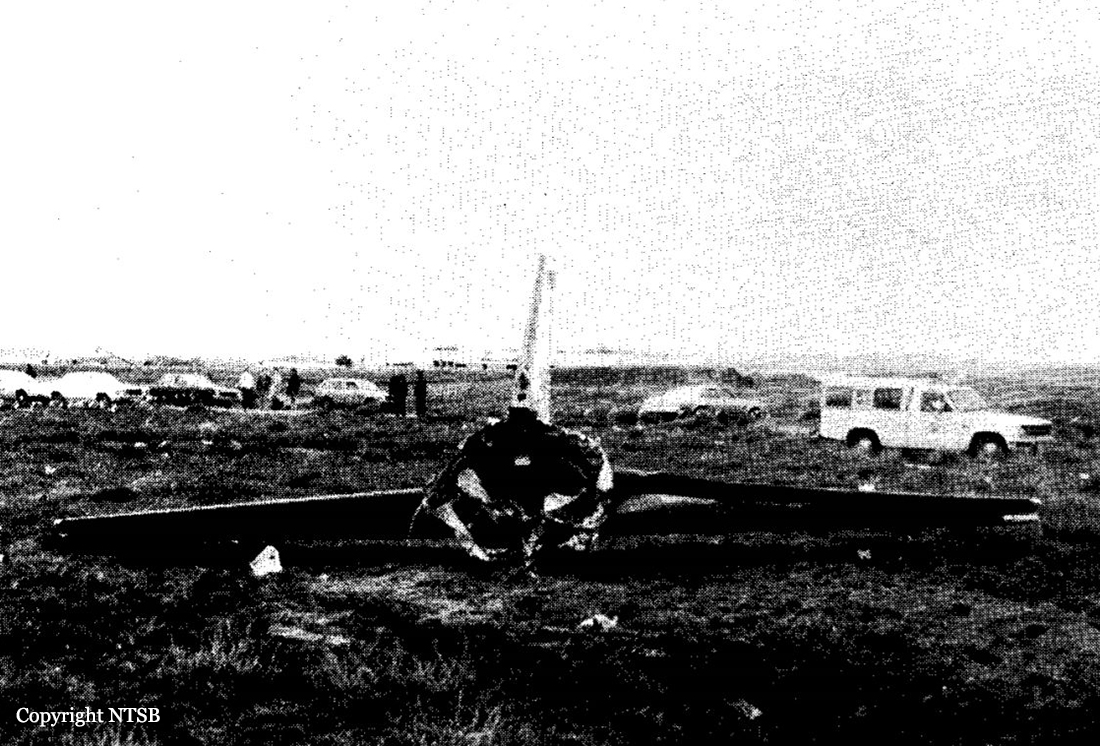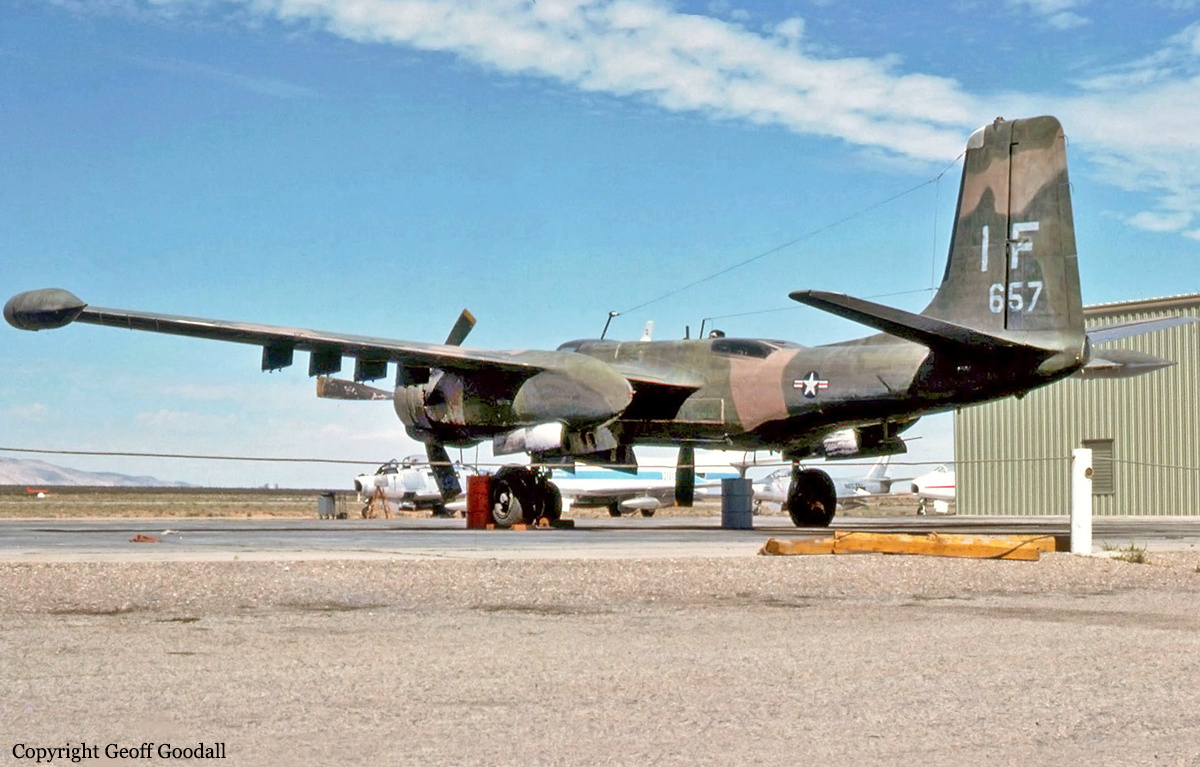Crash of a Beechcraft 65-A90 King Air in Big Piney: 6 killed
Date & Time:
Feb 27, 1978 at 1023 LT
Registration:
N878T
Survivors:
No
Schedule:
Rangely – Big Piney – Evanston
MSN:
LJ-246
YOM:
1967
Crew on board:
2
Crew fatalities:
Pax on board:
4
Pax fatalities:
Other fatalities:
Total fatalities:
6
Circumstances:
On approach to Big Piney Airport, the crew encountered bad weather conditions with low ceiling and snow. Too low, the twin engine airplane struck the ground and crashed few miles from the airfield. The aircraft was destroyed and all six occupants were killed.
Probable cause:
Controlled flight into terrain on final approach due to improper IFR operation. The following contributing factors were reported:
- Low ceiling,
- Snow,
- Weather briefing, transmitted to pilots from Big Piney ground personnel.
- Low ceiling,
- Snow,
- Weather briefing, transmitted to pilots from Big Piney ground personnel.
Final Report:








